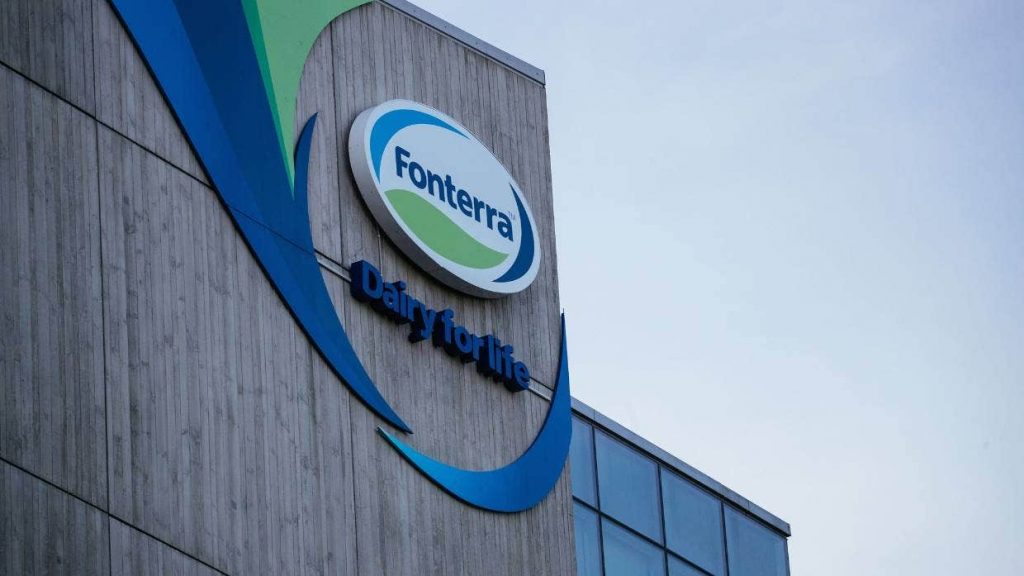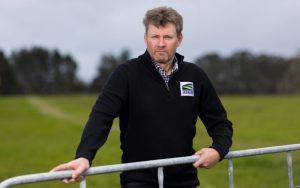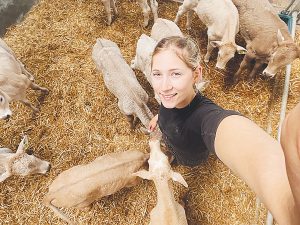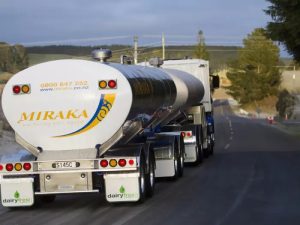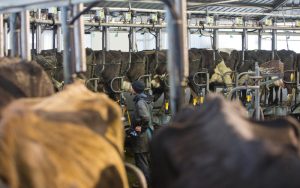
The Co-operative will convert its coal boilers at its Hautapu site to wood pellets and install a heat pump at its Palmerston North milk processing site that supplies the local market. Both projects have recieved support from the Government Investment in Decarbonising Industry (GIDI) Process Heat Contestable Fund.
Fonterra Chief Operating Officer Fraser Whineray says the Co-operative is commercially focused on reducing emissions.
“There are a number of solutions we’re using to decarbonise our operations and these two projects are a good example of different technologies available.”
Once complete in early 2024 the Hautapu site will reduce our carbon emissions by a forecast 15,785 tonnes per annum – the equivalent of taking about 6,500 cars off New Zealand’s roads.
The heat pump at the Palmerston North site will convert wasted heat from the refrigeration system into a heat source. This will reduce the amount of natural gas needed for process heat. The site will also generate additional heat via a solar thermal plant.
“This GIDI co-funding will help the Co-operative progress two emission reduction projects ahead of time. It will help us continue to make progress towards our target of reducing emissions by 30% across all our manufacturing operations by 2030 (from a 2018 baseline), on the way to net zero by 2050, and transition out of coal by 2037” says Mr Whineray.
Fonterra is receiving up to $2.5million in co-funding to complete the work at Hautapu and $425,000 for the Palmerston North site project.
These projects are just two of many underway to decarbonise the Fonterra business, such as the Waitoa and Stirling sites that are in the process of installing wood biomass boilers to transition out of coal.
The Stirling wood biomass boiler will fire up for the first time today, marking the next step on the site’s transition to be totally reliant on renewable energy for its process heat. Changing to this boiler will reduce the annual carbon emissions by 18,500 tonnes – the equivalent of taking approximately 7,700 cars off New Zealand’s roads.
The new Waitoa wood biomass boiler, due to be operational in November 2023, will reduce the site’s annual carbon emissions by approximately 48,000 tonnes, the equivalent of taking approximately 20,000 cars off New Zealand’s roads.
